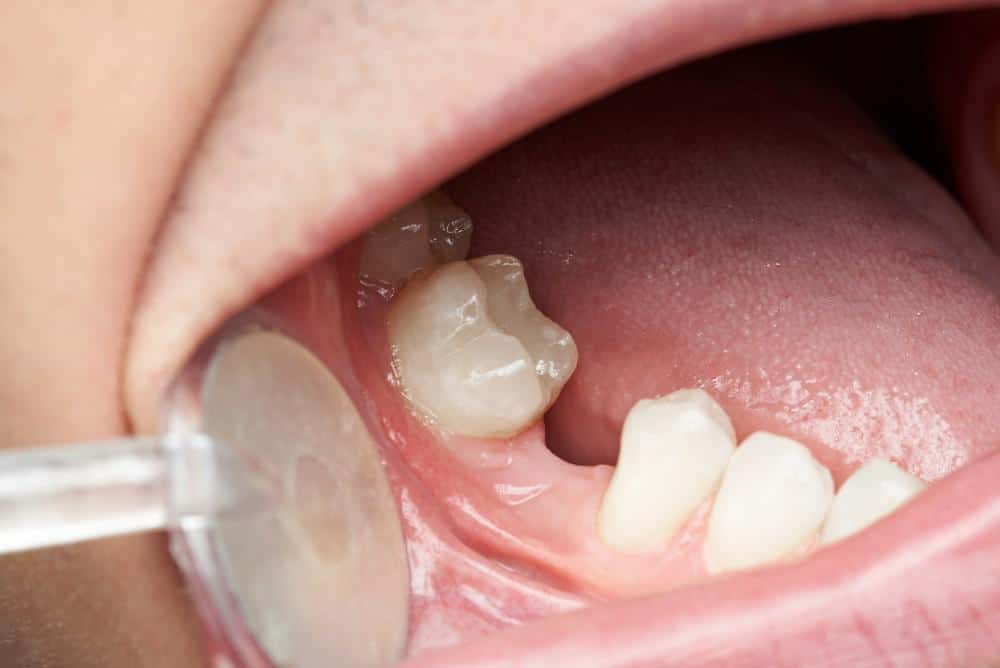About half of American adults — roughly 120 million people — are missing at least one permanent tooth, according to data from the American College of Prosthodontists. Now, losing a single tooth might not seem like a huge deal — but the fact is, loss of just one tooth can usher in a series of problems that can wind up being a lot more serious.
The team at The Glen Dental is committed to helping patients understand the potential impact of tooth loss. Here, we review five ways a missing tooth could affect your life and your health.
#1 Loss of confidence
If you’re missing a tooth — no matter where it’s located — it can take a big toll on your self-confidence and self-esteem. After all, our smiles are often our most noticeable feature, and the feature most people notice first.
When a tooth is missing, it’s common for people to try to hide the defect by avoiding smiling. You might keep your head down or tighten your lips when speaking, negatively affecting the impact you’re having on yourself and others.
It’s not just your smiling teeth that affect your appearance. Even a missing back tooth is noticeable when you laugh, speak, or yawn. Plus, over time, your cheeks can sink in over the remaining gap, affecting your facial contours and dramatically aging your appearance.
#2 Additional tooth loss
Improving your appearance might be the most obvious reason to replace a missing tooth, but avoiding additional tooth loss is one of the most important reasons.
When a tooth is lost, a space forms between the teeth on either side. Those neighboring teeth immediately begin to shift positions — imperceptibly at first, but over time, the roots and teeth can drift and lean.
These shifts weaken tooth roots, significantly increasing the risk of additional tooth loss. It’s a domino effect that can lead to loss of an entire row of teeth eventually.
#3 Bite problems
Missing teeth can affect your ability to chew and limit the foods you can eat. Gaps left by a missing tooth provide harbors for food particles, plaque, tartar, and bacteria that cause gum disease and additional tooth loss.
Plus, when your bite is thrown off, it doesn’t just affect your ability to chew. Bite misalignment causes uneven wear and tear on your other teeth, weakening them and making them more prone to damage and decay.
#4 Jaw pain
When your bite balance is off, the normal function of chewing is disrupted — and that can affect your jaw movements, too. Over time, a missing tooth and the bite issues it causes may result in chronic jaw pain and headaches. You might even wind up developing a painful condition called temporomandibular joint disorder (TMJ).
#5 Speech issues
If you’re missing a front or side tooth, you might be surprised how that little gap can alter the way you speak. Not only can that space cause difficulty pronouncing certain letters, but you may find yourself keeping your mouth in a more closed position to hide the gap, resulting in mumbling, garbled speech that’s hard for others to understand.
Missing teeth: An easy fix
One of the biggest reasons to replace a missing tooth: With today’s technology, tooth replacement is so simple, having a lost tooth replaced is almost a no-brainer. At our practice in San Jose, California, we offer state-of-the-art dentures, bridges, and implants to help every patient restore their smile and their confidence.
If you’re missing one or more teeth, don’t ignore the problem. Call 669-205-1303 or book an appointment online today to learn how the team at The Glen Dental can help.


